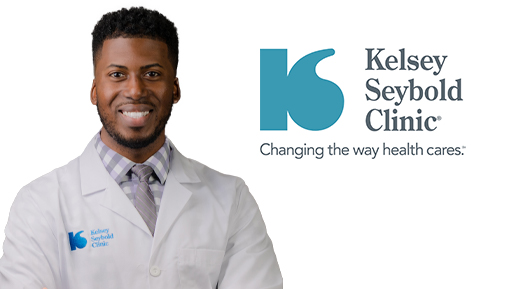
Colorectal Cancer Myths vs. Facts: What You Need to Know About Screening and Prevention
Colorectal cancer is the second leading cause of cancer-related deaths in the U.S., but it's also highly preventable and treatable when caught early. Despite this, many people delay screening due to myths and misconceptions. Understanding the facts and acting on them can save lives.
Myth: I Don't Have Symptoms, So I Don't Need a Screening
Fact: Colorectal cancer may develop silently.
Most colorectal cancers start as polyps, which usually take about 10 years to turn cancerous. They often cause no symptoms before then, and by the time signs like blood in the stool or bowel changes appear, the disease may already be advanced.
The U.S. Preventive Services Task Force (USPSTF) recommend screening starting at 45, even if you don't have any symptoms. Screening detects and removes polyps before they become cancerous.

Myth: Only Older Adults Get Colorectal Cancer
Fact: Cases in younger adults are rising.
Colorectal cancer rates in adults under 50 have been increasing each year since the 1990s. Because of this, screening guidelines now recommend starting at age 45.
If you have a family history of colorectal cancer, polyps, or inflammatory bowel disease (IBD), you may need to start screening even earlier.
Myth: A Colonoscopy Is Uncomfortable and Risky
Fact: It's safe, and most people feel nothing during the procedure.
A colonoscopy is done under sedation.
According to the National Institutes of Health (NIH), a colonoscopy is very safe and the most effective screening method. It allows doctors to find and remove polyps in a single procedure.

Myth: If I Eat Healthy and Exercise, I Don't Need Screening
Fact: A healthy lifestyle lowers risk but doesn't eliminate it.
Diet, exercise, and avoiding smoking may help reduce risk but don't prevent colorectal cancer entirely.
The only way to prevent colorectal cancer is through screening, which can detect and remove precancerous polyps.
Myth: If I Have a Family History, There's Nothing I Can Do
Fact: Early and frequent screening may lower your risk.
Research has shown having a first-degree relative with colorectal cancer doubles your risk, while having two or more first-degree relatives can put you at risk four times higher.
Luckily, regular screening can dramatically reduce this risk. If you have a family history of colorectal cancer, screening may need to start earlier than 45. Talk to your doctor about your risk.

Myth: A Normal Screening This Time Means I Don't Have to Worry About Colorectal Cancer Again
Fact: Screening is an ongoing process based on your risk.
If your colonoscopy is normal, the USPSTF recommends screening every 10 years. However, you may need more frequent screenings if:
- One or more polyps are found (typically requiring follow-up in 3-5 years).
- You have a family history (earlier and more frequent screenings may be recommended).
- You opt for a stool-based test (FIT or Cologuard®), which must be repeated every 1-3 years.
- Schedule Your Screening — Contact Kelsey-Seybold Clinic to book an appointment. If you're unsure about your risk, your doctor can help determine the best screening option.
- Prepare for the Screening — If you choose a colonoscopy, you'll receive detailed instructions on how to prepare. Stool-based tests require only a simple sample collection.
- Undergo the Screening — A colonoscopy is quick and painless, and your doctor can remove polyps immediately if needed. Stool tests are completed at home and sent to a lab.
- Receive Your Results — If your test is normal, your doctor will tell you when to schedule your next screening. If polyps are detected, they can often be removed immediately, reducing your cancer risk.
What to Expect: From Scheduling to Results
Take Charge of Your Health
Colorectal cancer is preventable, but only if it's caught early. Screening saves lives, and modern treatments offer better outcomes than ever before.
If you're 45 or older or have risk factors that warrant earlier screening, don't wait. Schedule an appointment with a Kelsey-Seybold physician today and take the next step in protecting your health.


